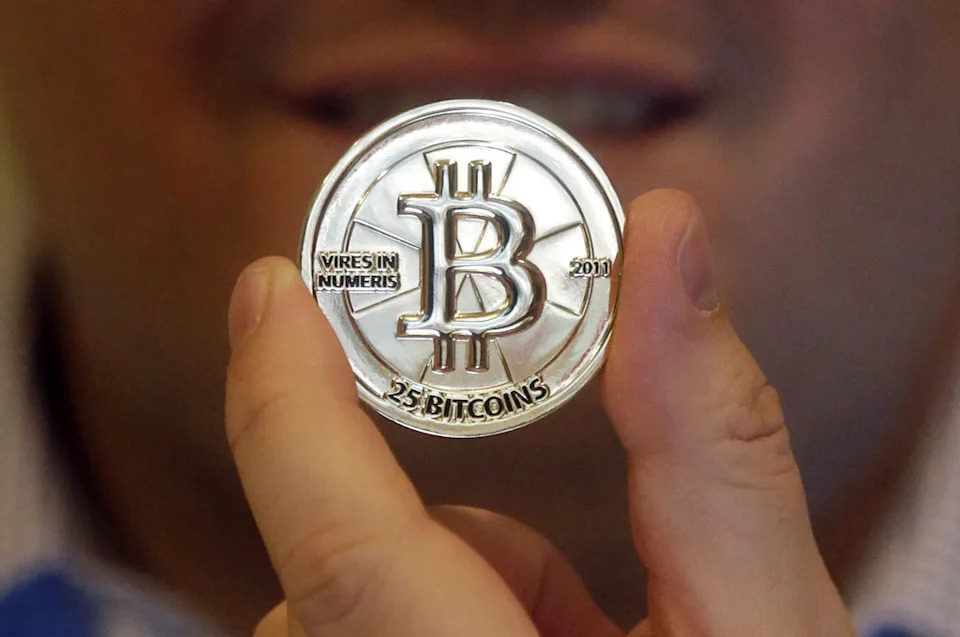
Bitcoin soars to new all-time high as US lawmakers focus on pro-crypto legislation
Key Points
- Bitcoin Surge: Bitcoin reached a new all-time high above $123,000, up from $108,000 just a week prior, with a market cap of $2.4 trillion, surpassing Amazon.**
- Crypto Legislation: The U.S. House is focusing on pro-crypto bills during “crypto week,” including stablecoin regulation and broader market structure legislation.**
- Political Support: President Trump, previously skeptical, now aims to position the U.S. as the global crypto capital, with his family deeply involved in the industry.**
- Industry Influence: The crypto sector has become a significant political player in Washington, spending heavily on elections and lobbying after feeling targeted by the Biden administration.**
- Institutional Demand: Spot Bitcoin ETFs and corporate investments in Bitcoin reflect growing mainstream and institutional interest in the cryptocurrency.**
Summary
Bitcoin soared to a record high above $123,000, boasting a $2.4 trillion market cap that eclipses Amazon, as reported by CoinMarketCap. This surge coincides with a pivotal “crypto week” in Congress, where U.S. lawmakers are set to debate pro-crypto legislation, including stablecoin regulation and comprehensive market structure reforms, under pressure from President Trump and the influential crypto lobby. Trump, once a critic, now champions the U.S. as the global crypto hub, with his family entrenched in mining, stablecoins, and meme coins. The crypto industry, feeling sidelined by the Biden administration, has flexed its muscle through massive election spending and lobbying. Since dipping below $75,000 in April, Bitcoin has rebounded sharply, fueled by rising institutional demand via spot ETFs and corporate strategies to acquire the asset. Created post-2008 as “digital gold,” Bitcoin’s fixed supply of 21 million coins and volatile journey to acceptance underscore its appeal as a hedge against financial malfeasance, according to enthusiasts like Blockstream CEO Adam Back, who sees the price reflecting long-building fundamentals.
yahoo
July 14, 2025
Crypto


